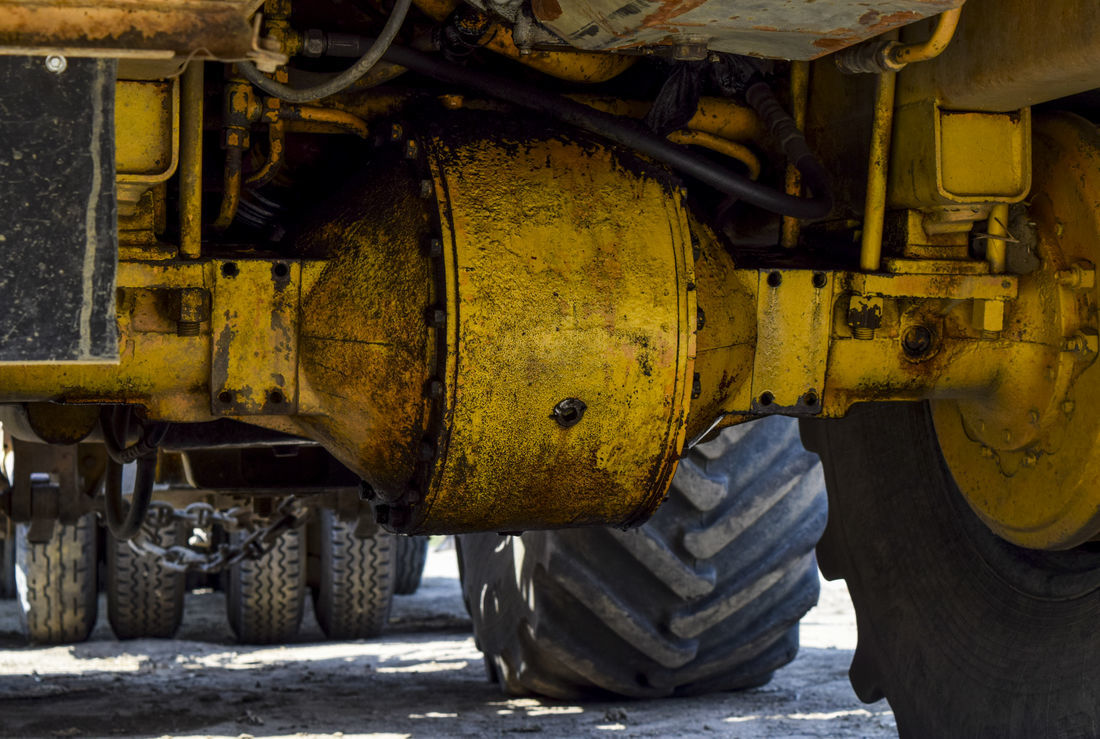Internal combustion engines are those where the burning of the fuel is an internal process. In the olden days, there was no concept of internal combustion. Locomotives all made use of external combustion, which was highly inefficient.
Diesel engines are similar to gasoline engines in that they both function because of internal combustion (the burning of petrol or gas). However, there is a difference in the way that diesel and gasoline engines work.
Heavy-duty machinery can make use of both diesel as well as gas engines in order to operate.
Here is how diesel engines differ from gasoline engines when it comes to operating heavy machinery.
What’s the Difference between the Two?
A gasoline engine works by injecting air and fuel into metal cylinders. A piston then squeezes this mixture of fuel and air and makes it combine. A sparking plug is then used to create a small explosion, generating power and setting your engine in motion.
While diesel engines work somewhat similarly, here, air goes inside a cylinder, and again, the piston squeezes the air. However, in diesel engines, there is a whole lot more squeezing than there is in a gasoline engine.
The more the squeezing, the hotter the air temperature. Once the air has been thoroughly squeezed, fuel goes inside the cylinder using a modern-day fuel-injection approach.
The quantity of fuel that is injected depends entirely on the amount of heat that needs to be generated. Once the air is extremely hot, the fuel begins to ignite and ultimately explodes and doesn’t even require an electric spark.
Because of the explosion, the piston will push out of the cylinder and will generate the power that is used to run the heavy machinery.
Diesel engines, just like standard ones, can be used to operate all sorts of heavy machinery, such as cranes, generators, tractors, etc.
Regulations for a Diesel Engine
The regulations for a diesel engine are slightly different than those of a gasoline one. Typically, the regulations emphasise that there be certain emission control policies in place to prevent hazardous levels of sulphur from invading the air and environment.
In fact, government regulations lay a lot of emphasis on how all new diesel engines being produced should keep in mind that sulphur dioxide production should be at a minimum. This is because it is not safe for anyone to breathe in large quantities of this poisonous gas.
As a result, modern-day diesel engines seek to reduce sulphur levels by a whopping 99% in an attempt to take care of the environment and the global ecosystem.
These were some of the ways that diesel engines differ from gasoline engines. Although the way they function internally is pretty similar, there are some key differences that impact policies and regulations.

